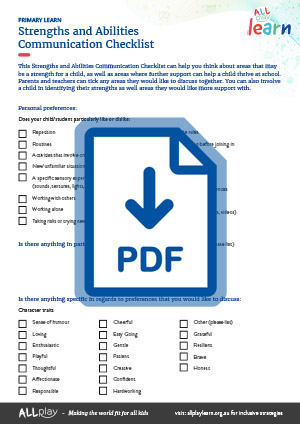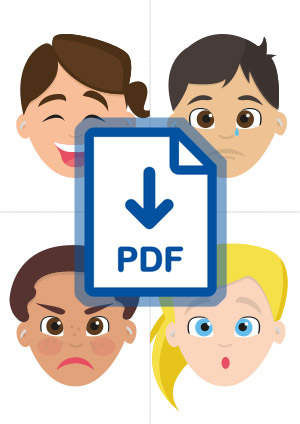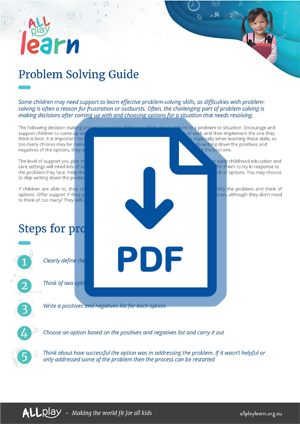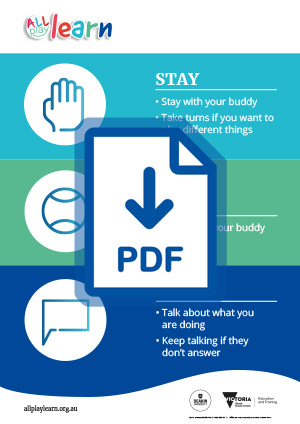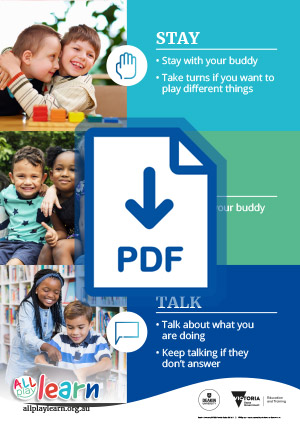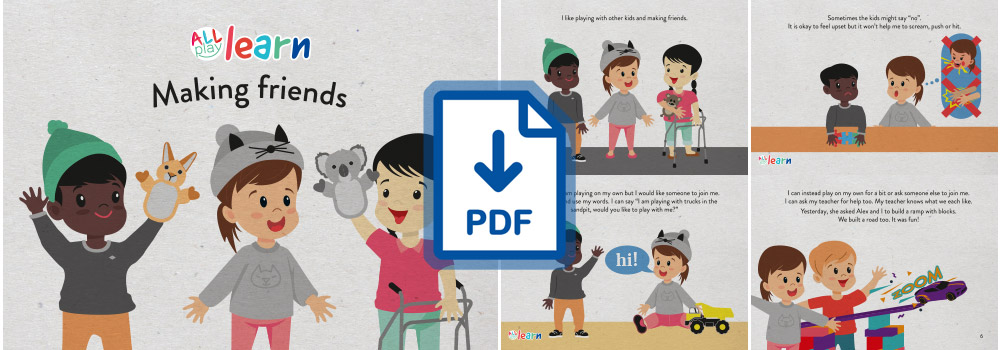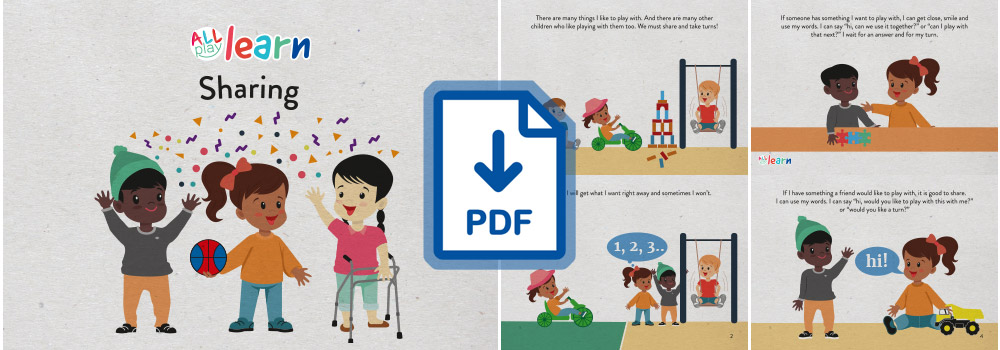
Social Skills
On this page:

About social skills
Socialising with others requires many skills. These include being able to express thoughts or ideas, listen and understand what others say, show an interest in others, and share or take turns. Non-verbal behaviours are also important for socialising. These include using and understanding gestures, reading facial expressions, knowing how close to stand to others and whether it is okay to touch someone.
Many things impact the way we interact with others. This includes personality traits (e.g. shy and quiet versus outgoing and energetic), mental health (e.g. feeling sad or low, compared with feeling happy and energised), ability to manage emotions (e.g. coping with frustration), and cognitive and communication skills (e.g. talking; using and understanding gestures; reading facial expressions; controlling impulses).
Children with developmental disabilities often find some aspects of social situations challenging. For example, a child with autism may play well with one child, but feel overwhelmed if more children join in. Social rules or norms can be hard for some children to understand and learn. They are not written down and not always explicitly taught.

Evidence-based strategies

Best practice tips

Other considerations

Relevant resources
Visit our resources page for a range of resources that can help to create inclusive education environments for children with disabilities and developmental challenges. Some particularly relevant resources for supporting children with social skills issues include:

